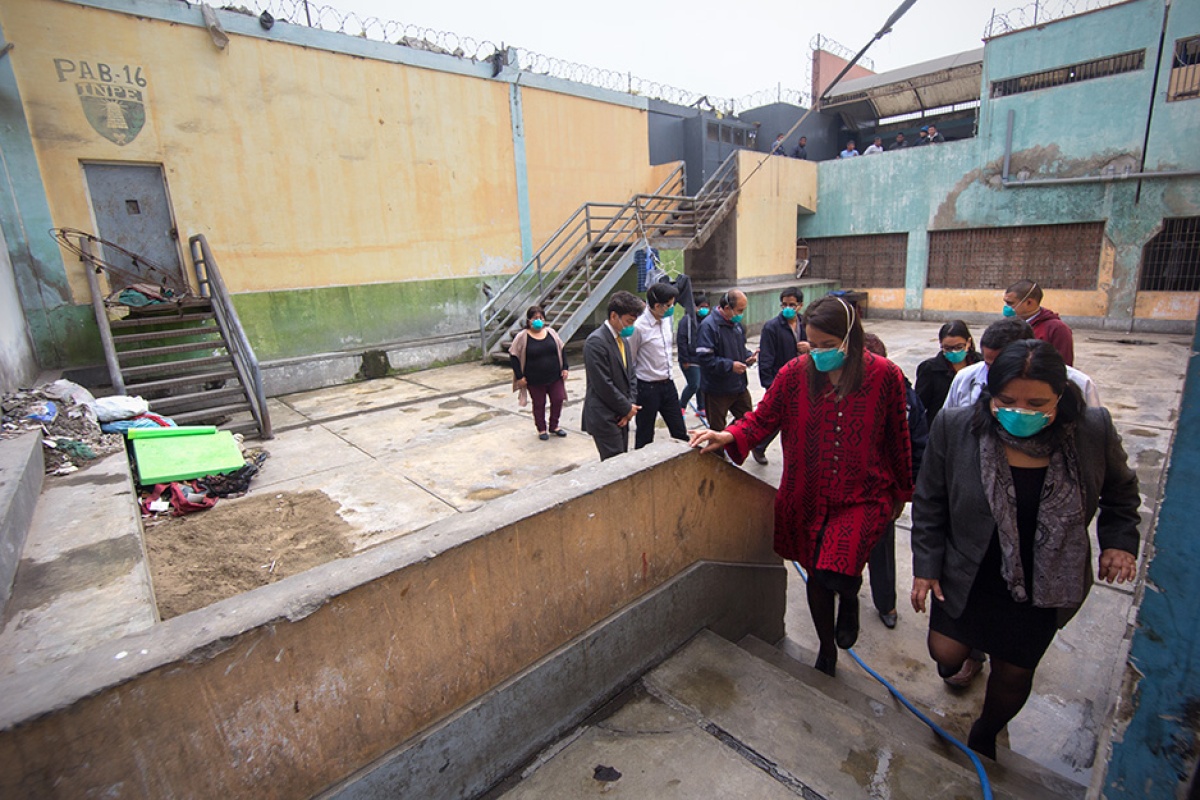Joint Statement on STREAM Stage One MDR-TB Clinical Trial Results
Posted on Oct 18, 2017

Photo by William Castro Rodríguez / Partners In Health
Partners In Health (PIH), Interactive Research and Development (IRD) and the Zero TB Initiative (ZTBI) welcome the release of the interim results from the STREAM Stage 1 clinical trial. This is the first clinical trial of a new treatment regimen for multidrug-resistant tuberculosis (MDR-TB), and we congratulate the investigators for successfully conducting it. Unfortunately, we have noticed much confusion about the results of this clinical trial, both in the lay press and in the countries in which we work.
As organizations supporting MDR-TB treatment programs in multiple countries, we are carefully reviewing the results of this trial and considering how they should influence recommendations to national TB programs, clinicians and our patients.
The STREAM Stage 1 trial was designed to answer a specific research question. The answer is clear: the trial was not able to establish non-inferiority (equivalency) of the 9-month shortened regimen compared to the 20-month conventional MDR-TB regimen.
It is important to note that study participants in the conventional 20-month regimen arm were treated according to the 2011 WHO guidelines, which did not recommend the use of newer TB drugs. If later WHO guidelines had been used, there may have been an even bigger gap between the 9-month shortened regimen and the conventional 20-month regimen.
Also seen in the interim results of the STREAM trial was a similarly high rate of certain adverse events, such as ototoxicity and hepatotoxicity, among patients receiving the 9-month shorter regimen compared to the 20-month conventional regimen. National TB programs should ensure that patients receiving the 9-month shortened regimen are closely monitored for potential adverse events.
Despite the lack of evidence for non-inferiority, there may be countries that decide to implement the 9-month shorter regimen for reasons of cost or feasibility. They should make this decision carefully based on drug resistance surveillance and other epidemiological data. For this reason, we look forward to more detailed analysis of the STREAM Stage 1 data that may indicate what subsets of patients are more likely to have favorable outcomes or have less adverse events. This will help national TB programs determine which patient populations should be targeted for scale up of the 9-month shortened regimen and populations where the longer regimen will be preferred.
We commend the investigators in the successful execution of STREAM Stage 1, and believe that this rich dataset will help to inform future clinical trials of new TB regimens. Although Stage 1 was unsuccessful in showing non-inferiority of the 9-month shortened regimen, the findings of Stage 2, which is testing two novel regimens at the same trial sites, are eagerly awaited. Finally, we call on the WHO to rapidly convene an expert group to revise and clarify its current recommendations for implementation of the 9-month shortened regimen under programmatic conditions.

